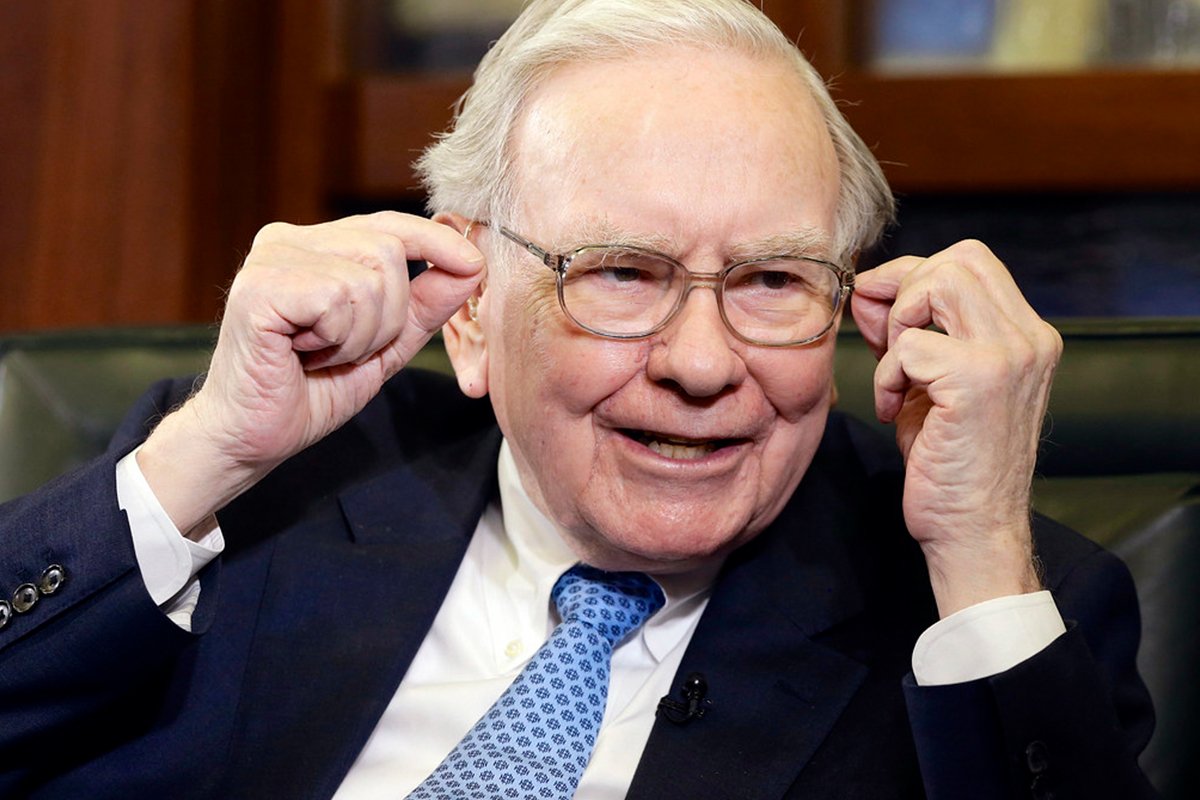Warren Buffett Warns U.S. Deficit Could Spiral Out of Control by 2027
06.05.2025 8:00 1 min. read Alexander Stefanov
Warren Buffett sounded the alarm on America’s worsening fiscal health during what may be his final Berkshire Hathaway shareholders meeting, cautioning that the country is heading toward a financial cliff if spending habits remain unchecked.
The U.S. has already racked up a $1.31 trillion deficit in the current fiscal year—an increase of $242 billion from the same period last year—according to the Treasury.
Buffett believes that unless the growing gap between government income and expenses is brought under control, the situation could spiral by 2027.
He warned that while the U.S. has so far avoided a full-blown crisis, continued overspending could eventually push the system past the point of recovery.
Comparing today’s environment to previous close calls, he emphasized that inflation, while currently restrained, could accelerate rapidly if the fiscal imbalance worsens.
Buffett said the U.S. is running with a deficit closer to 7% when around 3% might be sustainable. Beyond that, he argued, the risk of losing control grows. Fixing the imbalance, he added, is an unenviable task—one that Congress has shown little appetite for taking on.
-
1
U.S. Announces Sweeping New Tariffs on 30+ Countries
12.07.2025 16:30 2 min. read -
2
US Inflation Heats Up in June, Fueling Uncertainty Around Fed Cuts
15.07.2025 16:15 2 min. read -
3
Key U.S. Economic Events to Watch Next Week
06.07.2025 19:00 2 min. read -
4
Gold Beats U.S. Stock Market Over 25 Years, Even With Dividends Included
13.07.2025 15:00 1 min. read
US Inflation Heats Up in June, Fueling Uncertainty Around Fed Cuts
U.S. inflation accelerated in June, dealing a potential setback to expectations of imminent Federal Reserve rate cuts.
Gold Beats U.S. Stock Market Over 25 Years, Even With Dividends Included
In a surprising long-term performance shift, gold has officially outpaced the U.S. stock market over the past 25 years—dividends included.
U.S. Announces Sweeping New Tariffs on 30+ Countries
The United States has rolled out a broad set of new import tariffs this week, targeting over 30 countries and economic blocs in a sharp escalation of its trade protection measures, according to list from WatcherGuru.
Key U.S. Economic Events to Watch Next Week
After a week of record-setting gains in U.S. markets, investors are shifting focus to a quieter yet crucial stretch of macroeconomic developments.
-
1
U.S. Announces Sweeping New Tariffs on 30+ Countries
12.07.2025 16:30 2 min. read -
2
US Inflation Heats Up in June, Fueling Uncertainty Around Fed Cuts
15.07.2025 16:15 2 min. read -
3
Key U.S. Economic Events to Watch Next Week
06.07.2025 19:00 2 min. read -
4
Gold Beats U.S. Stock Market Over 25 Years, Even With Dividends Included
13.07.2025 15:00 1 min. read


